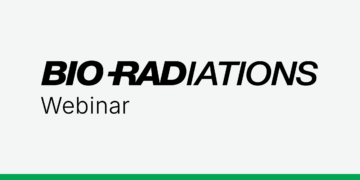
Developing Efficient Downstream Purification Processes for Bispecific Antibodies
Modern chromatographic resins enable new strategies for downstream processing of bispecific antibodies. Watch this webinar to see case studies and workflows.
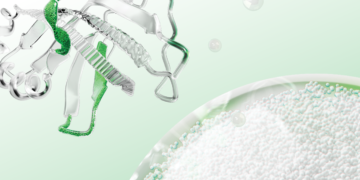
Enhancing Biotherapeutic Purification Workflows with Mixed-Mode Chromatography
As biotherapeutic modalities have diversified and production processes become more advanced, an evolution in purification strategies is also needed. Modern biotherapeutic purification must be capable of removing multiple types of impurities without compromising yield or quality, in a cost-effective manner. To meet these needs, many are turning to mixed-mode chromatography.

Unlocking the Potential of Cell and Gene Therapies: Overcoming Production Challenges
A common challenge in scaling up cell and gene therapy production is monitoring for contaminants, such as Mycoplasma. Learn how ddPCR can help in this webinar.
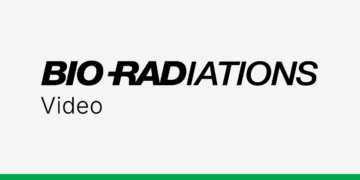
CHT Chromatography Media: 5 Essential Facts
For over 30 years, CHT Ceramic Hydroxyapatite Chromatography Media has been a trusted, proven purification solution for many biopharmaceutical manufacturing processes. CHT Media provides exceptional removal of impurities when other chromatography resins fall short.
In this webcast, explore the essential facts and benefits of this chromatography technology.
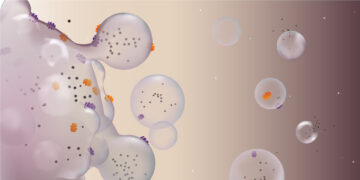
Nature’s Lipid Nanoparticles: Challenges and Opportunities in Isolation and Analysis of Extracellular Vesicles
In nature, mammalian extracellular vesicles (EVs) are vital for intercellular communication, immune responses, and cell removal. EVs also hold promise in diagnostics, therapeutics, and vaccine delivery due to their abundance and natural role as carriers. Explore how overcoming challenges in EV purification and precise RNA analysis methods can help unlock their potential applications.

Effective Strategies for Endotoxin Removal in Therapeutic Protein Purification
Endotoxins are common impurities that pose safety risks in therapeutic protein preparations and are difficult to remove. See proven workflows and strategies.

A Polishing Strategy for Removing Impurities in Bispecific Antibody Purification
Bispecific antibodies pose unique challenges in downstream processing. See how impurities were efficiently removed by mixed-mode chromatography in this webinar.
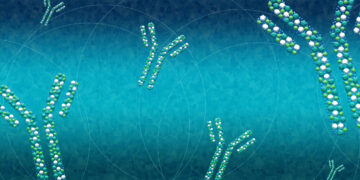
Developing Biotherapeutics for Lung Cancer Treatment
In recent years, biologics — drugs derived from living culture systems — have become increasingly significant in the fight against a plethora of conditions. Unfortunately, the efficiency of these drugs comes at a cost. A daily dose of a biologic drug costs, on average, 22 times more than conventional small-molecule drugs. Therefore, biosimilars are developed to make them more accessible. Lung cancer is an example where the development of biosimilars could increase treatment options available for patients.

The Pioneer Antibody Discovery Platform: Clinical-Quality Lead Candidates in Industry-Leading Timelines
Biotherapeutic antibody discovery is inherently challenging. Amongst the clinically proven technologies for antibody discovery is phage display — a technique utilized by one of the most recent and innovative solutions on the market: the Pioneer Antibody Discovery Platform.

Poly(A) Tails: A Critical Quality Attribute in mRNA-based Therapeutics
The therapeutic potential of messenger RNA (mRNA) therapeutics has an unprecedented ability to target previously undruggable diseases. The poly(A) tail drives the therapeutic efficacy of the mRNA molecule. Using Droplet Digital PCR (ddPCR) technology to analyze poly(A) tail length and integrity yields unrivaled sensitivity, enabling developers to ensure high poly(A) tail integrity and, ultimately, functional therapeutic mRNAs.
